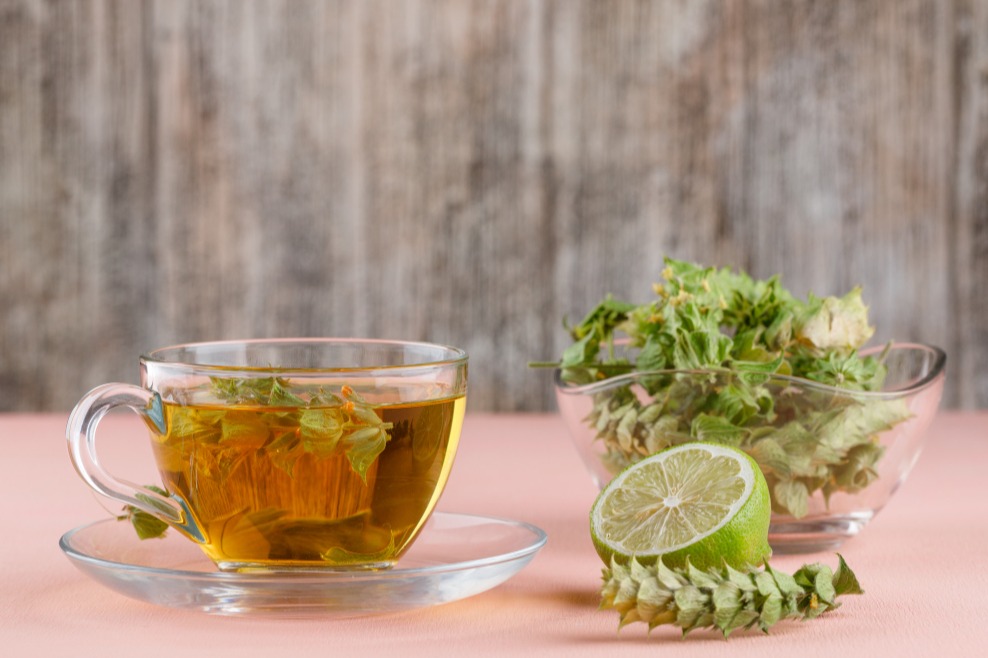
In today’s health-conscious world, many are turning to nature’s pharmacy to manage stress, boost immunity, improve digestion, and enhance sleep—all without relying on synthetic pills. One of the simplest and most enjoyable ways to do this? Herbal teas.
Rooted in Ayurvedic traditions and global herbalism, herbal teas are more than just soothing beverages—they’re functional infusions that support overall well-being. With the right herbs, a cup of tea can become your daily dose of calm, clarity, or energy.
Herbal teas are caffeine-free, easy to prepare, and rich in antioxidants, vitamins, and bioactive compounds. Unlike traditional black or green tea, herbal teas are made from dried flowers, herbs, seeds, or roots. This makes them ideal for therapeutic purposes—without overstimulating the system.
From calming nerves to cleansing the liver, the versatility of herbal teas makes them a staple in natural health routines. Plus, they are easily customizable to your individual needs and dosha type (Vata, Pitta, or Kapha).
Let’s explore some of the most powerful herbal teas you can start incorporating into your day:
Known as the “Queen of Herbs” in Ayurveda, Tulsi is revered for its adaptogenic properties. It helps the body cope with stress, supports respiratory health, and strengthens the immune system.
Best Time to Drink: Morning or mid-day.
Chamomile has mild sedative properties that calm the nervous system, making it ideal before bed. It also soothes digestive issues like bloating and gas.
Best Time to Drink: 30 minutes before bedtime.
Fresh or dried ginger in tea form stimulates digestion, relieves nausea, and boosts circulation. It also has anti-inflammatory properties to ease joint pain.
Best Time to Drink: After meals or early morning.
Peppermint relaxes the muscles of the digestive tract, relieving symptoms of indigestion, bloating, and IBS. It also refreshes the senses and clears nasal congestion.
Best Time to Drink: Post-lunch or evening.
A soothing tea for sore throats and adrenal fatigue, licorice root supports respiratory and hormonal health. However, it should be consumed in moderation due to its effect on blood pressure.
Best Time to Drink: Afternoon slump or when feeling fatigued.
This memory-enhancing herb supports mental clarity, reduces anxiety, and helps balance mood. Ideal for students or professionals seeking better focus.
Best Time to Drink: Morning or during work/study.
Use filtered water for the purest infusion.
Bring water to a gentle boil, then remove from heat.
Add 1–2 teaspoons of dried herbs (or a teabag).
Steep 5–10 minutes covered, depending on herb strength.
Strain, sweeten with raw honey if desired, and sip mindfully.
Try these homemade combinations based on your needs:
For Immunity: Tulsi + Ginger + Black Pepper
For Digestion: Fennel + Cumin + Coriander
For Relaxation: Chamomile + Lavender + Lemon Balm
For Focus: Brahmi + Gotu Kola + Mint
Consult a healthcare provider if pregnant, nursing, or on medication.
Don’t overconsume—herbal teas are potent and should be taken in moderation.
Ensure the herbs are organically sourced to avoid contaminants.